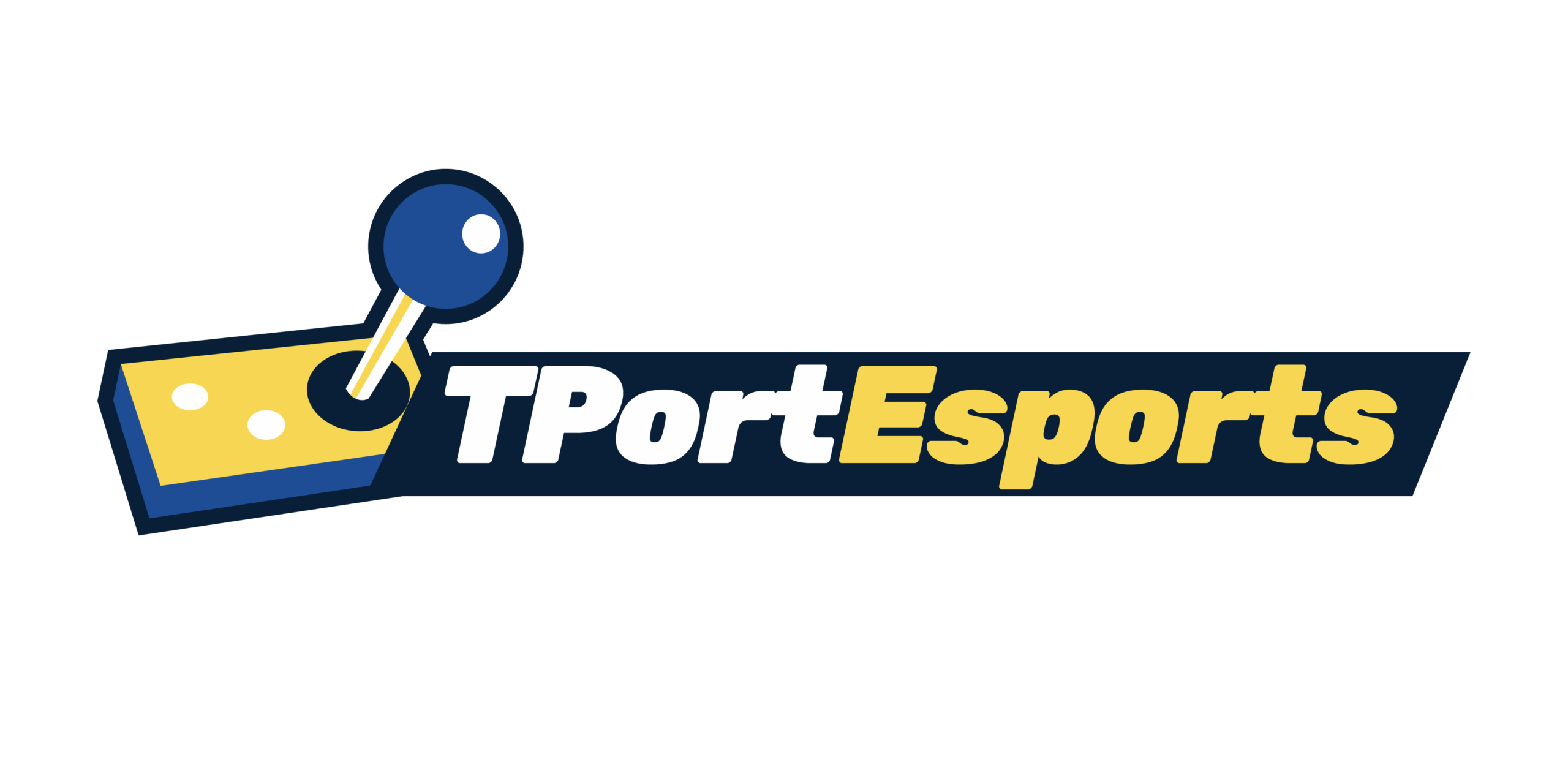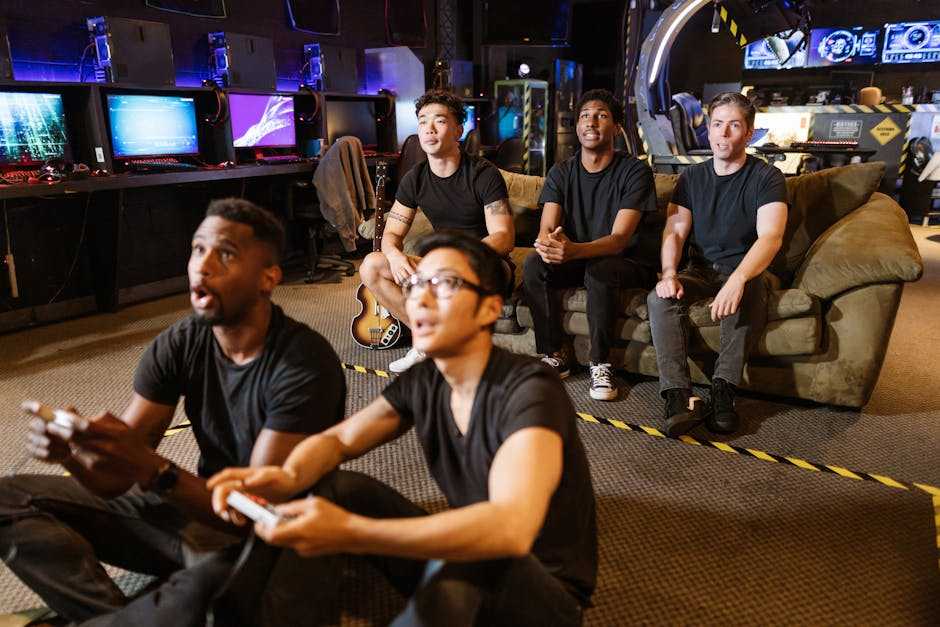What Defines a “Real” Sport?
The debate around what makes a sport a “real” sport isn’t new—but it’s heating up now more than ever with the rise of esports. Traditionalists lean on physicality: if it doesn’t make you sweat, it doesn’t count. But the picture’s bigger than biceps and bruises. At its core, a sport combines structured rules, competition, skill development, and a serious drive to win. Esports checks those boxes. Fast reflexes, strategic depth, team coordination—it’s all there, just in a digital arena.
Why does this conversation matter? Because semantics shape legitimacy. When something is recognized as a sport, doors open: public funding, media coverage, school programs, even Olympic consideration. Esports is knocking on all those doors—and it’s not waiting politely.
By the numbers, esports is outpacing a lot of traditional sports in viewers, sponsorships, and prize money. Global tournaments pull in millions of fans, and players train like athletes—physically and mentally. Ignoring that reality isn’t purism; it’s denial. Culture is shifting, and the definition of “sport” is expanding whether people are ready or not.
The Rise of Competitive Vlogging: Where Content Meets Sport
High-level vlogging has quietly started to resemble competitive sports. It’s not just about holding a camera anymore—it’s strategy, precision, and hours of reps behind the scenes. Top-tier creators plan storylines the way a coach sketches plays. They study analytics like game tape. And yes, they train—honing editing speed, camera techniques, and tight production schedules.
Mental endurance is a real factor. Just like in esports or traditional athletics, the best vloggers are quick on their feet—adapting formats, reacting to breaking trends, and making split-second choices on thumbnails, hooks, and tone. When pressure hits, reflexes matter.
Many creators no longer fly solo. There’s chemistry in team-based vlogging channels—a lead on-camera personality, a second behind the lens, an editor, even a strategist calling shots in the background. It’s not just collaboration, it’s execution—think less group project, more squad lineup.
Institutions are noticing. Some universities now offer scholarships tied directly to content creation. Leagues for youth creators are beginning to form. There’s talk—serious talk—about where digital content slots into the global competitive stage. And while it may sound far off, don’t be shocked if Olympic-level recognition isn’t entirely off the table in the next decade. The grind is real. The skill? Undeniable.
The Ongoing Debate: Is It Really a Sport?
For all the growth in streaming and eSports, there’s still pushback when it comes to calling vlogging or gaming a legitimate sport. One major hiccup? Physical exertion—or the lack of it. Traditional athletes put their bodies on the line. Vloggers mostly sit, talk, edit. For some critics, that makes all the difference.
Screen time is the other red flag. Parents, health professionals, and some viewers worry about hours spent behind screens. It fuels the ongoing “game vs. sport” debate, where spectators want sweat, movement, and traditional skill sets. Vlogging—especially when gaming-focused—doesn’t always fit that mold.
Then there’s the perception problem. Stereotypes about gamers being basement-dwellers or socially disconnected haven’t vanished overnight. It’s changing, but slowly. Vloggers showing their hustle, creativity, and business savvy are chipping away at the outdated view. But the cultural lag is still real, and creators feel the weight of constantly proving “this is more than a hobby.”
Like it or not, the respect gap still exists—and for many, that’s just fuel for the grind.
Esports Is a Career—And a Big Business
What was once a niche subculture has grown into a professional industry with serious financial and global impact. Esports in 2024 isn’t just a hobby—it’s a full-blown career path for thousands of players, streamers, and analysts worldwide.
From Gamers to Pro Athletes
Many top-tier players now sign multi-year contracts, participate in structured training routines, and compete as part of professional organizations. The infrastructure mirrors traditional sports more than ever before:
- Professional contracts and team salaries
- Endorsement deals and performance incentives
- Support staff including coaches, analysts, and mental health professionals
Massive Global Audiences
Esports tournaments attract millions of viewers through live streams, sold-out stadiums, and international broadcasts. Top events rival the Super Bowl in concurrent viewership:
- Global tournaments attract fans across time zones
- Events like League of Legends Worlds or the International rival traditional sport finals
- Broadcast partnerships with platforms like YouTube, Twitch, and regional TV networks
A Thriving Sponsorship Ecosystem
Sponsorship dollars continue to outpace expectations, with major brands investing heavily in both leagues and individual creators. Think beyond energy drinks—banks, airlines, and tech firms now have a seat at the table:
- Multi-million dollar brand deals
- Creator-led endorsements and long-term partnerships
- Crossovers with mainstream media and entertainment
For more on where the money is headed, check out: The Future of Esports Sponsorships: Expert Forecasts
The Takeaway
Esports is no longer the future—it’s now. Whether you’re a fan, a player, or a creator, understanding the professional ecosystem is key to navigating and thriving in the modern gaming industry.
From the outside, vlogging may seem like a solo hustle—but under the surface, it’s evolving into something far more structured and demanding. Sports scientists and psychologists are taking note, comparing the mental load of daily content creation to high-performance athletics. Burnout, decision fatigue, and sleep disruption are becoming standard fare in creators’ lives. The top vloggers treat their routines like athletes in training: structured schedules, digital detox time, and even coaching support to manage the emotional spikes of online fame.
Former professional athletes making the move into digital content—especially esports and lifestyle vlogs—bring along a mindset of discipline that’s often missing in amateur creator circles. They’re applying lessons from locker rooms to editing bays: recovery time, strategic practice, and data-informed growth. It’s less about winging it and more about planning like it’s game day.
League organizers, especially in the esports and creator-tournament spaces, echo that sentiment. They’re dialing up expectations for professionalism. Tardiness, ghosting, or half-baked efforts can get a creator benched just like in traditional sports. Many are now expected to approach YouTube or Twitch commitments the same way they would a minor league sports contract: with consistency, prep work, and a clear long-term goal.
The message is clear—creators who treat vlogging casually will get casual results. Those who approach it with discipline and intent are the ones setting new benchmarks in the space.
Traditional Sports Are Betting Big on Esports
The wall between professional sports and competitive gaming isn’t just thin—it’s coming down fast. Major athletic brands and franchises are investing heavily in esports, not as a novelty, but as a real extension of their identity. You’ve got soccer clubs buying FIFA teams, F1 teams developing sim racing divisions, and NBA franchises building NBA2K squads with as much strategy as they would their main roster.
The crossover goes both ways. Pro athletes are showing up in esports arenas, and esports players are embracing full-blown athletic regimens—some even working with the same trainers and psychologists. Diet, focus, reaction speed, mental stamina—it all matters, just like it does on the pitch or court. Teams are hiring performance coaches and nutritionists, standard in traditional sports but now key to staying sharp in multi-round tournaments.
The message is clear: competitive gaming is no longer a side hustle—it’s a sport with its own rules, pressures, and professional standards. And the smart money from traditional sports knows it.
Esports: It’s Game Time, Literally
For a long time, calling esports a “sport” got you side-eye. No grass stains, no sweat—how could it possibly count? Fast-forward to now, and the conversation’s changed. Competitive gaming demands more discipline than most people realize. Hours of practice, strict mental conditioning, and ruthless strategy are the norm. These aren’t kids messing around in basements. They’re athletes training for high-stakes tournaments with million-dollar purses.
Culturally, esports has grown into a global phenomenon. Events fill arenas. Teams have sponsors, nutritionists, coaches. Fans follow pro players like celebrities. And beneath the flash is a layer of serious competition that echoes any traditional sport—precision, mentality, and teamwork.
This isn’t about whether esports looks like a sport. It’s that it behaves like one. It walks, talks, and grinds like any other competitive discipline. Society’s definition of sport is stretching—and esports is already inside the frame.



